Uniconazole
Synonym(s):(E)-(RS)-1-(4-Chlorophenyl)-4,4-dimethyl-2-(1H-1,2,4-triazol-1-yl)pent-1-en-3-ol
- CAS NO.:83657-22-1
- Empirical Formula: C15H18ClN3O
- Molecular Weight: 291.78
- MDL number: MFCD01678674
- SAFETY DATA SHEET (SDS)
- Update Date: 2024-12-18 14:08:52
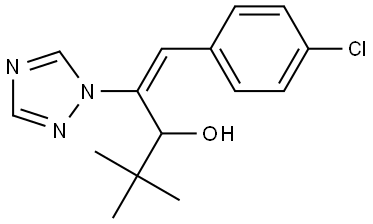
What is Uniconazole?
Chemical properties
The substance appears as an off-white to light tan Solid. It can dissolve in water with a solubility of 14.3mg/L at 24°C. It is also soluble in acetone, methanol, ethyl acetate, and other organic solvents. It has low toxicity to humans and animals, but medium toxicity to fish.
The Uses of Uniconazole
Uniconazole is a plant growth regulator, absorbed by the stems and roots. Uniconazole is used to reduce lodging in rice; to reduce vegetative growth and increase flowering of ornamentals; and to reduc e vegetative growth and the need for pruning in trees. Uniconazole is an insecticide.
The Uses of Uniconazole
Uniconazole is a plant growth regulator, absorbed by the stems and roots. Uniconazole is used to reduce lodging in rice; to reduce vegetative growth and increase flowering of ornamentals; and to reduce vegetative growth and the need for pruning in trees. Uniconazole is an insecticide.
What are the applications of Application
Uniconazole is a triazole plant growth inhibitor
Definition
ChEBI: (1E)-1-(4-chlorophenyl)-4,4-dimethyl-2-(1H-1,2,4-triazol-1-yl)pent-1-en-3-ol is a member of the class of triazoles that is 1,2,4-triazole which is substituted at position 1 by a 1-(p-chlorophenyl)-3-hydroxy-4,4-dimethylpent-1-en-2-yl group. It is a member of monochlorobenzenes, a secondary alcohol and a member of triazoles.
Hazard
Moderately toxic by ingestion and skin contact.
Biological Activity
ki = 68 nmuniconazole is a cytochrome p450 707as inhibitor.plant growth retardants (pgrs) can reduce the shoot growth of plants via inhibiting gibberellin biosynthesis. the inhibitory effects of pgrs on arabidopsis abscisic acid (aba) 8'-hydroxylase, a major aba catabolic enzyme, recently identified as cyp707as, have been reported.
in vitro
in an in-vitro assay with cyp707a3 microsomes expressed in insect cells, uniconazole could inhibit cyp707a3 activity more effectively than paclobutrazol or tetcyclacis, while the other tested pgrs could not significantly inhibit it. in addition, uniconazole was also found to be a strong competitive inhibitor of aba 8'-hydroxylase [1].
in vivo
uniconazole-treated arabidopsis plants displayed enhanced drought tolerance. in uniconazole-treated plants, endogenous aba levels increased 2-fold as compared with the control, and co-application of ga(4) could not suppress such effects, suggesting that these effects were not because of gibberellin deficiency. therefore uniconazole could effectively inhibit aba catabolism in arabidopsis plants [1].
References
[1] saito, s. ,okamoto, m.,shinoda, s., et al. a plant growth retardant, uniconazole, is a potent inhibitor of aba catabolism in arabidopsis. bioscience, biotechnology, and biochemistry 70(7), 1731-1739 (2006). DOI:10.1271/bbb.60077
[2] Enantioselective acute toxicity, oxidative stress effects, neurotoxicity, and thyroid disruption of uniconazole in zebrafish (Danio rerio) DOI:10.1007/s11356-022-18997-3
[3] USE OF UNICONAZOLE IN GROWTH REGULATION AND BIOCHEMICAL CHANGES IN MAIZE DOI:10.18512/rbms2022v21e1246
Properties of Uniconazole
| Melting point: | 150-160°C |
| Boiling point: | 474.6±55.0 °C(Predicted) |
| Density | 1.18±0.1 g/cm3(Predicted) |
| storage temp. | 0-6°C |
| solubility | Chloroform (Slightly), Methanol (Slightly) |
| form | neat |
| pka | 13.07±0.20(Predicted) |
| form | Solid |
| color | White to Off-White |
| CAS DataBase Reference | 83657-22-1(CAS DataBase Reference) |
| NIST Chemistry Reference | 1H-1,2,4-triazole-1-ethanol, «beta»-((4-chlorophenyl)methylene)-«alpha»-(1,1-dimethylethyl)-,(e)-(.+/-.)-(83657-22-1) |
| EPA Substance Registry System | Uniconazole (83657-22-1) |
Safety information for Uniconazole
| Signal word | Warning |
| Pictogram(s) |
 Exclamation Mark Irritant GHS07 |
| GHS Hazard Statements |
H302:Acute toxicity,oral |
Computed Descriptors for Uniconazole
| InChIKey | YNWVFADWVLCOPU-JYRVWZFOSA-N |
New Products
Tert-butyl bis(2-chloroethyl)carbamate 4-Methylphenylacetic acid N-Boc-D-alaninol N-BOC-D/L-ALANINOL N-octanoyl benzotriazole 3-Morpholino-1-(4-nitrophenyl)-5,6-dihydropyridin- 2(1H)-one Furan-2,5-Dicarboxylic Acid DIETHYL AMINOMALONATE HYDROCHLORIDE 1,1’-CARBONYLDIIMIDAZOLE R-2-BENZYLOXY PROPIONIC ACID 1,1’-CARBONYLDI (1,2-4 TRIAZOLE) N-METHYL INDAZOLE-3-CARBOXYLIC ACID (2-Hydroxyphenyl)acetonitrile 4-Bromopyrazole 5-BROMO-2CYANO PYRIDINE 5,6-Dimethoxyindanone 5-broMo-2-chloro-N-cyclopentylpyriMidin-4-aMine 2-(Cyanocyclohexyl)acetic acid 4-methoxy-3,5-dinitropyridine 1-(4-(aminomethyl)benzyl)urea hydrochloride 2-aminopropyl benzoate hydrochloride diethyl 2-(2-((tertbutoxycarbonyl)amino) ethyl)malonate tert-butyl 4- (ureidomethyl)benzylcarbamate Ethyl-2-chloro((4-methoxyphenyl)hydrazono)acetateRelated products of tetrahydrofuran
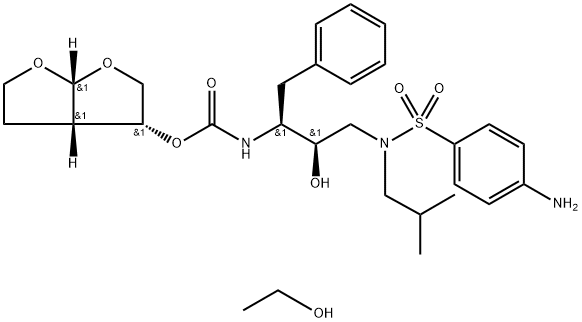
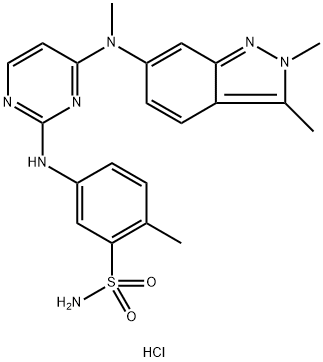


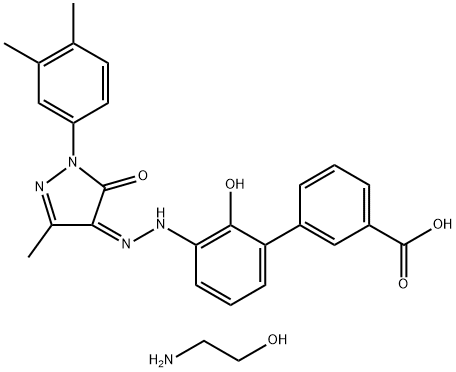
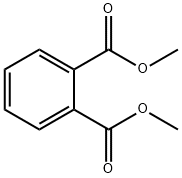
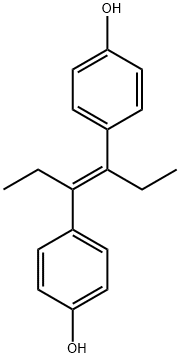

You may like
-
 Uniconazole 97% (HPLC) CAS 83657-22-1View Details
Uniconazole 97% (HPLC) CAS 83657-22-1View Details
83657-22-1 -
 Uniconazole CAS 83657-22-1View Details
Uniconazole CAS 83657-22-1View Details
83657-22-1 -
 1975-50-4 98%View Details
1975-50-4 98%View Details
1975-50-4 -
 2-HYDROXY BENZYL ALCOHOL 98%View Details
2-HYDROXY BENZYL ALCOHOL 98%View Details
90-01-7 -
 2-Chloro-1,3-Bis(Dimethylamino)Trimethinium Hexafluorophosphate 221615-75-4 98%View Details
2-Chloro-1,3-Bis(Dimethylamino)Trimethinium Hexafluorophosphate 221615-75-4 98%View Details
221615-75-4 -
 14714-50-2 (2-Hydroxyphenyl)acetonitrile 98+View Details
14714-50-2 (2-Hydroxyphenyl)acetonitrile 98+View Details
14714-50-2 -
 118753-70-1 98+View Details
118753-70-1 98+View Details
118753-70-1 -
 733039-20-8 5-broMo-2-chloro-N-cyclopentylpyriMidin-4-aMine 98+View Details
733039-20-8 5-broMo-2-chloro-N-cyclopentylpyriMidin-4-aMine 98+View Details
733039-20-8